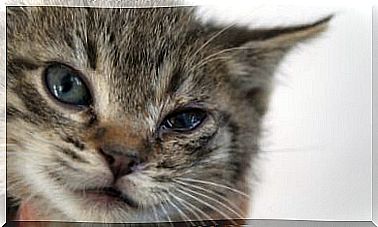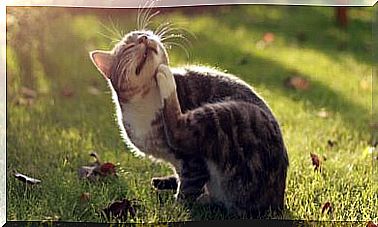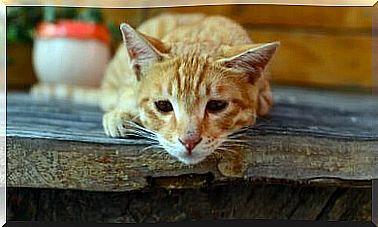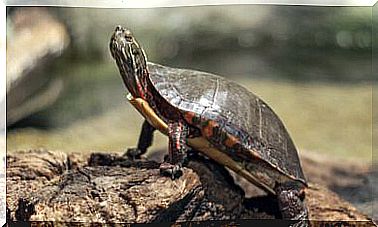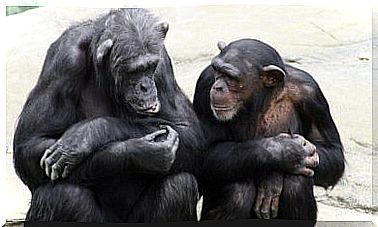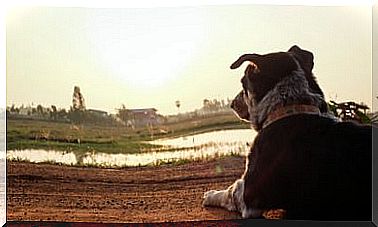Gerald Durrell: Devotion To Nature
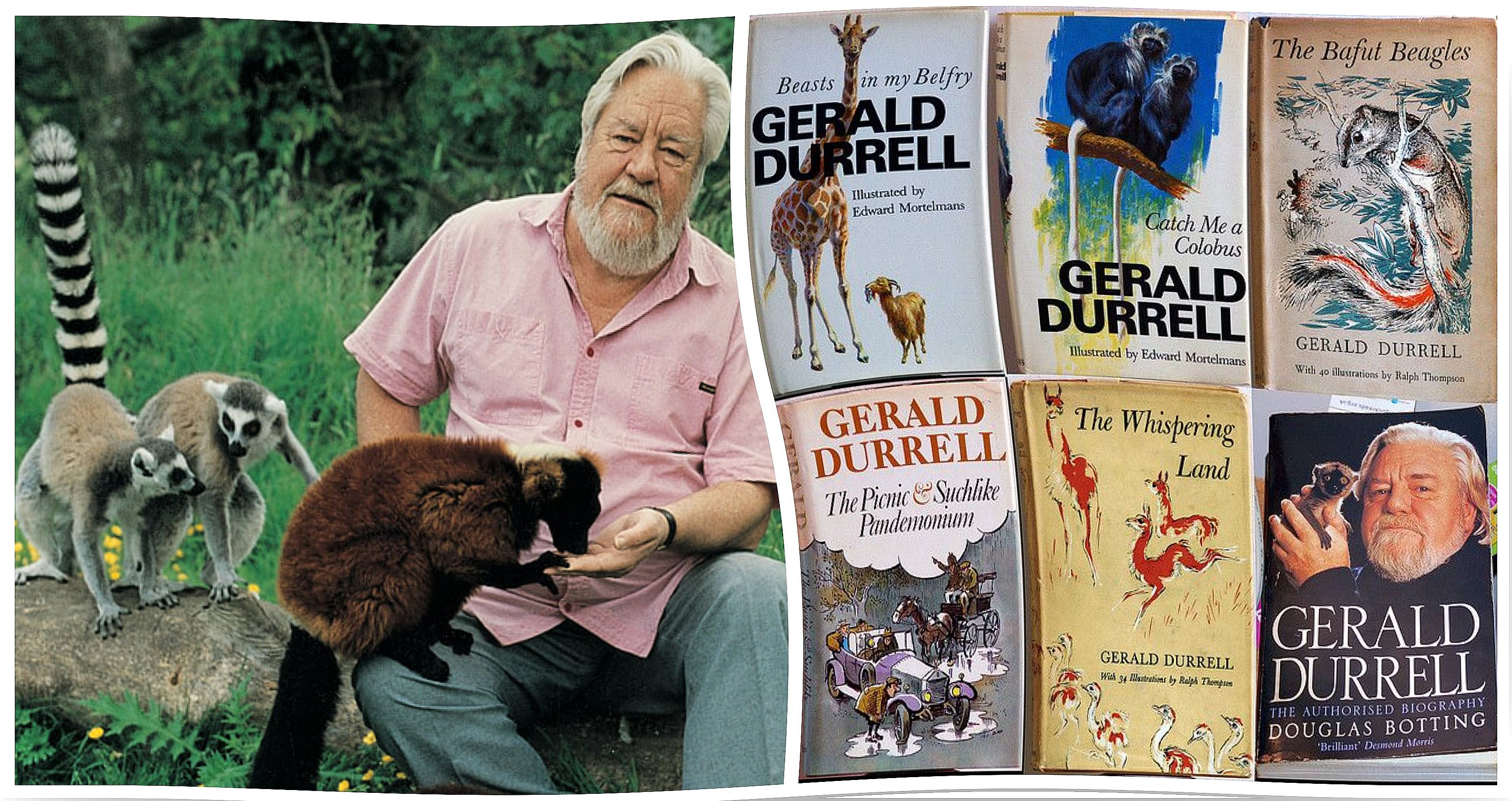
Although we commonly associate scientists and researchers with technical language, difficult to understand and consume, not all of them are like that. Gerald Durrell is an example of this wonderful exception.
The biological sciences are often understood as watertight sources of knowledge that only a few specialists can interpret. However, as we have already mentioned, there are multiple figures who have managed to cross this barrier, reaching thousands of readers outside the natural world.
More and more scientists are striving to take their work beyond their guild, so that people can learn more about nature.
Next we will tell you more about one of them, Gerald Durrell, a master writer who helped lay the foundations of scientific popularization around the world.
From childhood to the writing of the Corfu trilogy
Gerald Durrell was born in India in 1924, but his family soon moved to Corfu, a Greek island. Due to its Mediterranean climate and rugged geography, this place was perfect for Gerald to come into contact with nature from his childhood.
As of his arrival on the island, his vocation as a scientist, popularizer and writer was born. As time passed, he not only gained knowledge, but let his imagination run wild. This materialized in what became his first three autobiographical books, the Corfu Trilogy.
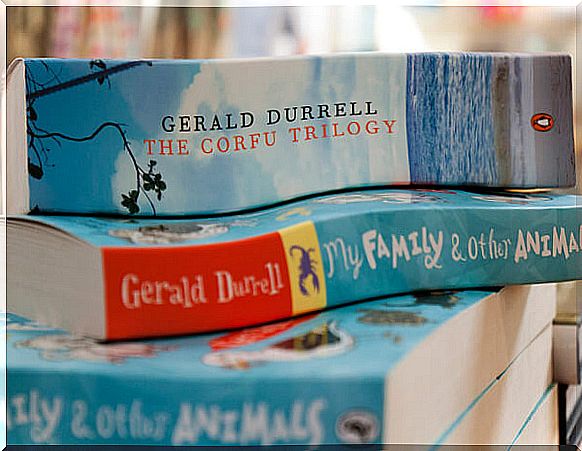
According to the author himself, the trilogy revolves around “his family and other animals, critters and other relatives, and the garden of the gods.” They are easy-to-read novels and are also considered a classic of informative ecology.
In each of these novels, Gerald recounts his childhood in detail, from the diverse family that surrounded him, to the natural discoveries and forays he made as a child.
We have to understand that these memories date back to the 40s, so the conception of nature was very different from what it is now. Young Gerald captures many specimens with one of his teachers, and spends hours observing and studying them with the most rudimentary means possible.
These books emanate humor and joviality, but above all a fascination for the wild world. Among its pages we will be able to recall the experiences that have shaped us as true fans of the animal world. Who does not remember being spellbound seeing a spider spin its web for the first time?
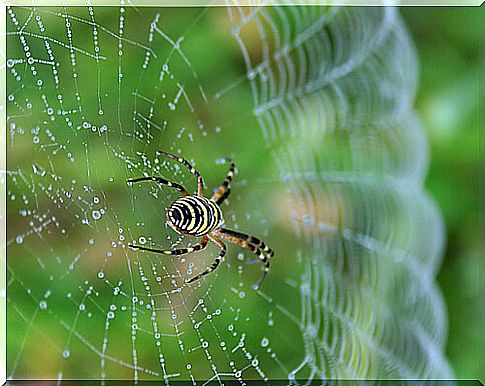
Expeditions and adventures
After working in a zoo for several years in England, Gerald left his home in 1946 and set up his own expeditions in search of unknown animals. The specimens were captured and sold to the most prestigious zoos.
Again, we have to remember the time of these adventures. In those days, the only form of supply for zoological education was captured specimens, and captive breeding would not come until much later. Furthermore, Gerald followed very strict criteria:
- He always kept and fed his animals with the best options available.
- He never caught more than he could carry in good condition.
- He did not catch specimens for their market price, but for their scientific value.
Its main driver was not the monetary benefit, but environmental education through zoos and the search to initiate captive breeding plans. Therefore, the cost of his expeditions ended up leaving him in bankruptcy.
The Jersey Zoo
Gerald launched into the world of writing after his forays, which brought him some fame as a naturalist and returned him to optimal monetary status.
Thus, with his savings he managed to found the Jersey Zoo in 1958, a banner for captive breeding.
The zoo grew in popularity, and with it the preservation organization founded by Gerald himself, The Jersey Wildlife Preservation Trust (now known as the Durrell Wildlife Conservation Trust ).
During the 1970s, the organization became a pioneer in species preservation, and Gerald came to be recognized as a leading figure in animal conservation and respect. Its foundations in zoological management established current thinking, and are reflected in the book “The immobile ark”:
- The main objective of a zoo should be to act as a reservoir for endangered species that need captive breeding in order to survive.
- An animal should only be in a zoo as a last resort, when all efforts to save it in its environment have failed.
- Zoos should not be managed for entertainment purposes only, and non-threatened species should be reintroduced into their natural habitat.
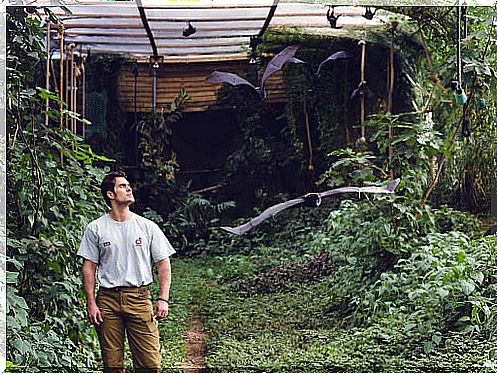
Pioneer and writer
In short, Gerald Durrell was an essential figure for the dissemination and conservation of species on a global level. His books cover a huge range of subjects, as he wrote more than 20 autobiographical novels.
The famous actor Henry Cavill ( Superman , The Witcher ) has been one of the most media ambassadors of Durrell’s organization and has managed to express his support for the conservation project in various ways, including with the hashtag #doitfordurrell.
